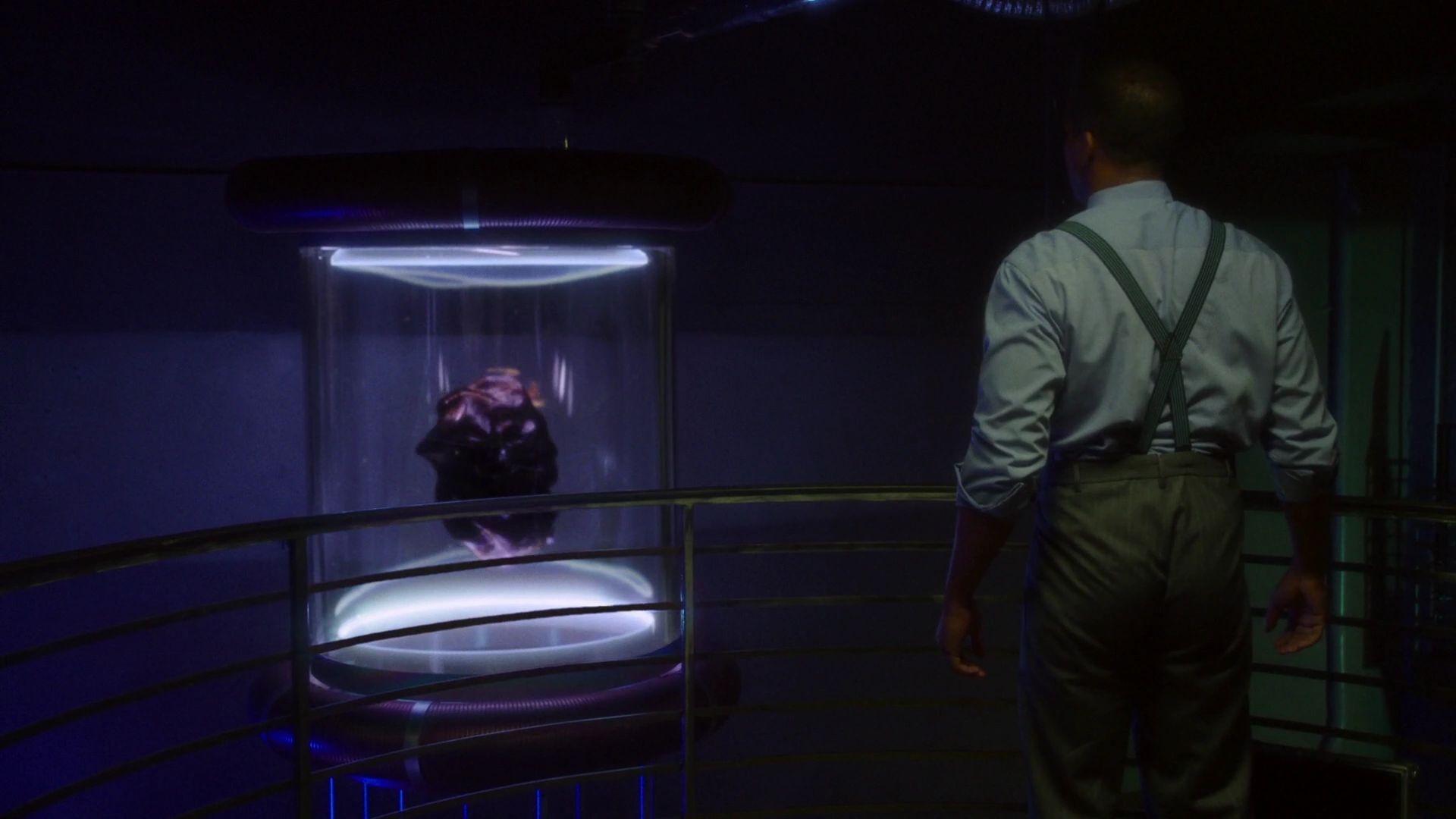Race
In the early years of the formation of the
United States African Americans had a lot of obstacles to overcome. They faced
problems with discrimination in schools, work, and in any social setting. Dr.
Jason Wilkes had to overcome a lot of these obstacles in all of these settings
because he was African American.
He reveals to Agent Peggy Carter the
struggles that he faced in his early childhood. He continues telling her that
he had to work two jobs in order to live a sustainable life and pay his way
through school. The two jobs that he held were as a janitor at the observatory
and as a harvester in the citrus fields. After he completed his education he
struggled to find a job because he was African American and Isodyne was the
only company that was willing to give him the opportunity to thrive as a
scientist in their labs. Because of the opportunity that was provided to him by
Isodyne, he felt hesitant to give Agent Carter the classified information that
she needed, resulting in Dr. Wilkes to form a new identity.
 Dr. Wilkes recalling memories from his childhood at the Observatory where his dream of becoming a scientist began. |
Carl Burgchardt states “The emergence of the
spatial metaphor in academic work has encouraged scholars in cultural studies
and ethnography alike to rethink the ways in which individuals and groups
construct identity, administer power, and make sense of their everyday lives.
Our dialogues are now replete with spatial tropes of boundaries, centers,
margins, and borderlands” (Burgchardt, 634).
The fact that Dr. Wilkes only took the job
at Isodyne because it was the only place that would hire him, left him at a
place where he felt like it was his only option and therefore took it. He knew
that if he took this job, it would lead to bigger, better opportunities. Although
he was not given much power, he was in charge of a very important task that
made Dr. Wilkes feel powerful at Isodyne and that was building the containment
center for Zero Matter. Working at Isodyne gave Dr. Wilkes and other African
Americans new possibilities that African Americans can achieve greatness if they
take the opportunities that come to them even if it is not what they had in
mind. Working at Isodyne as a scientist gave Dr. Wilkes the power to reshape
the future of African American identities that they can achieve what others can
without taking into account their race.
 |
Dr.
Wilkes standing in from of the containment chamber that he built for zero
matter.
Burgchardt, Carl R., ed. Readings in
Rhetorical
Criticism, 4th Edition. 4th ed.
United States: Strata Publishing, 2010. Print.
http://vignette2.wikia.nocookie.net/marvelcinematicuniverse/images/8/84/Zero_Matter.png/revision/latest?cb=20160120162101
https://whatelseisonnow.files.wordpress.com/2016/01/a-view-in-the-dark-jason-brings-peggy-to-the-griffith-observatory.jpg
i enjoy the switching in the color
ReplyDeleteread it
ReplyDeleteThis is an interesting post. You have incorporated key portions of the text to support your analysis.
ReplyDeleteOne more step: you set up the spatial metaphors for power, and then you establish that he chose the only possibility that was available to him at the time...which links back to the spatial metaphor (but you aren't saying it yet).
In the end, do you think this enhances our understanding of the show, of race, or both? Those kinds of assessments (of each post) will help you weave them together for the final post/paper.